-
Call Us (Norway)
+47 412 86 050
-
You may send an email
[email protected]
-
Central European Time
Mon - Fri (8.00 - 16.00)
Book a Consultation
Call Us (Norway)
You may send an email
Central European Time
Book a Consultation

Microsoft Azure is a rapidly evolving cloud computing platform that is expected to play a major role in the future of technology. By 2030, Azure is likely to be a ubiquitous platform that is used by businesses of all sizes, from small startups to large enterprises.
Artificial intelligence (AI) and machine learning (ML) will become increasingly integrated with Azure. This will enable businesses to develop AI-powered applications and services that can automate tasks, improve decision-making, and personalize user experiences.
Edge computing will become more important. As the volume of data generated by connected devices continues to grow, businesses will need to process and analyze this data closer to the source in order to gain real-time insights. Azure is well-positioned to support edge computing with its global network of data centers and edge computing services.
Hybrid cloud will become the dominant deployment model. Businesses will increasingly rely on a combination of on-premises and cloud-based IT infrastructure to meet their needs. Azure's hybrid cloud capabilities will make it easier for businesses to manage and secure their hybrid environments.
Security will become even more critical. As businesses store and process more sensitive data in the cloud, security will become paramount. Azure's security features will continue to evolve to meet these challenges.

(1) Autonomous vehicles will use Azure to process sensor data and make decisions in real time.
(2) Healthcare providers will use Azure to store and analyze patient data to improve diagnosis and treatment.
(3) Retailers will use Azure to personalize product recommendations and optimize inventory management.
(4) Manufacturing companies will use Azure to optimize production processes and reduce costs.
(5) Financial institutions will use Azure to develop new financial products and services.
The impact of Microsoft Azure in 2030 is likely to be significant.
The platform is expected to:
Drive innovation and growth. Azure will enable businesses to develop new and innovative applications and services that can help them compete in the digital economy.
Improve efficiency and productivity. Azure can help businesses automate tasks, optimize resource utilization, and reduce IT costs.
Enhance customer experiences. Azure can help businesses create personalized and engaging customer experiences that can drive customer loyalty and satisfaction.
Empower employees. Azure can give employees access to the tools and resources they need to be more productive and innovative.
Overall, Microsoft Azure is expected to be a transformative force in the future of technology. The platform is well-positioned to help businesses of all sizes achieve their goals and succeed in the digital age.
Microsoft Azure is a leading cloud computing platform used by a wide range of companies across various industries. Here are some of the world's most prominent companies that rely on Microsoft Azure to power their IT infrastructure and business operations:
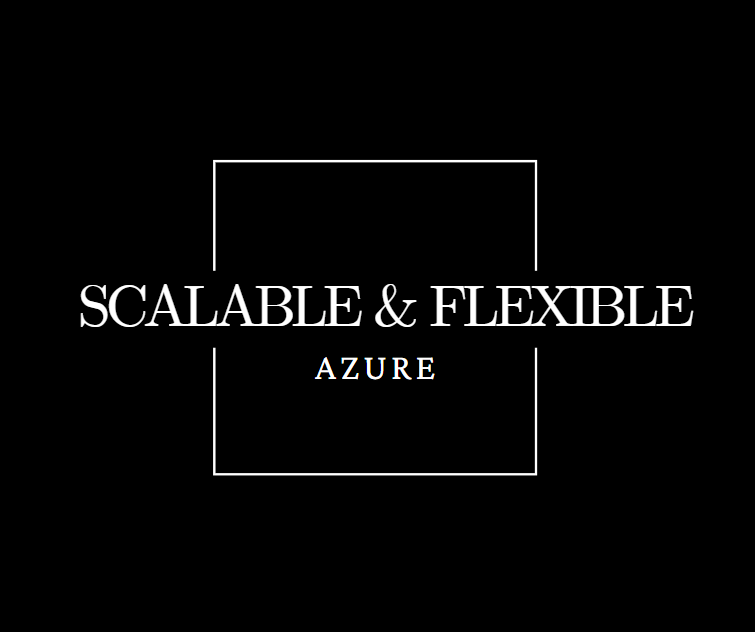
Amazon, the e-commerce giant, utilizes Microsoft Azure for various purposes, including data storage, analytics, and web applications. Azure's scalability and reliability enable Amazon to handle its massive online traffic and customer base.
Netflix, the popular streaming platform, relies on Microsoft Azure to store and manage its vast library of digital content. Azure's high-performance computing capabilities support Netflix's real-time streaming services and rapid content delivery.
Toyota, the automotive giant, leverages Microsoft Azure to develop and deploy connected car technologies. Azure's IoT (Internet of Things) capabilities enable Toyota to collect and analyze data from vehicles, enhancing driver safety and vehicle maintenance.

Siemens, the German engineering conglomerate, employs Microsoft Azure to optimize its manufacturing processes. Azure's Industrial IoT (IIoT) solutions help Siemens collect and analyze industrial data, improving production efficiency and equipment maintenance.
Bank of America, the leading U.S. financial institution, utilizes Microsoft Azure for its enterprise applications and data management. Azure's security and compliance features ensure the protection of sensitive financial data.
Dell EMC, the IT infrastructure provider, relies on Microsoft Azure to host its own cloud services and provide cloud solutions for its customers. Azure's flexibility and scalability support Dell EMC's diverse cloud offerings.
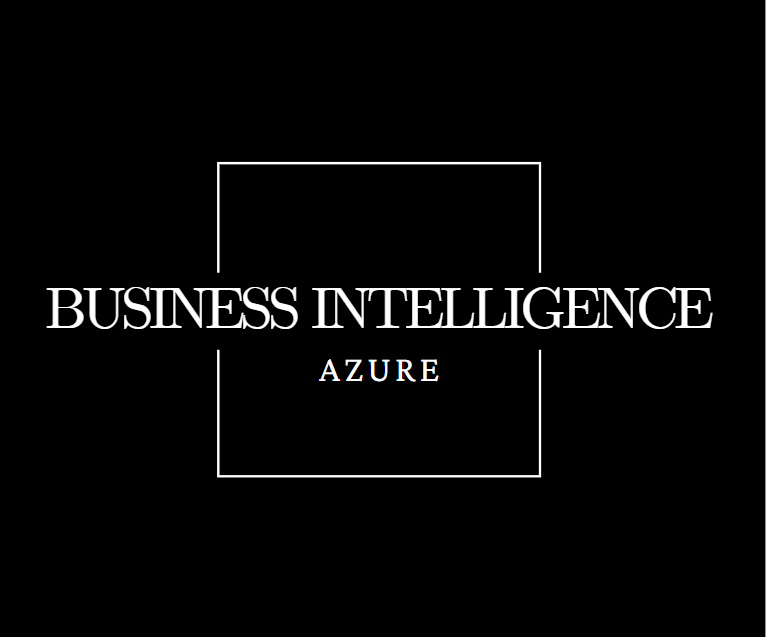
SAP, the enterprise software company, utilizes Microsoft Azure to integrate its on-premises and cloud-based applications. Azure's hybrid cloud capabilities enable SAP to seamlessly manage its hybrid IT environment.
GE Healthcare, the medical technology company, leverages Microsoft Azure to develop and deploy medical imaging solutions. Azure's high-performance computing and data analytics capabilities support GE Healthcare's innovative medical technologies.
American Airlines, the major U.S. airline, utilizes Microsoft Azure to manage its flight operations and passenger data. Azure's real-time analytics and AI capabilities help American Airlines optimize flight schedules and customer experiences.
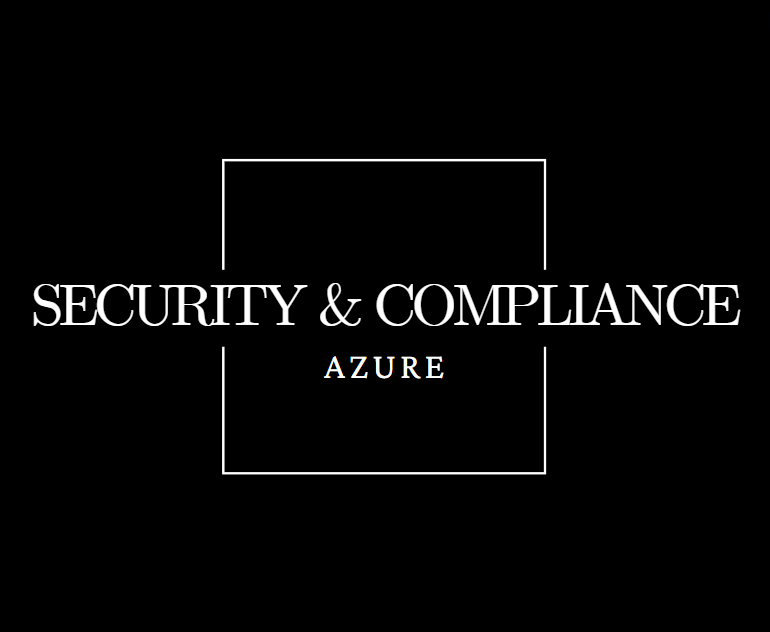
Coca-Cola, the beverage giant, employs Microsoft Azure for its supply chain management and marketing campaigns. Azure's data management and analytics tools enable Coca-Cola to optimize resource allocation and track marketing ROI.
LinkedIn, the professional networking platform, utilizes Microsoft Azure to develop and host its social media applications. Azure's scalability and global reach enable LinkedIn to seamlessly manage its network of millions of users and professional profiles.
Twitter, the social media platform known for its real-time updates, employs Microsoft Azure to power its applications and data management. Azure's high-performance computing and data analytics capabilities support Twitter's real-time data processing and analytics needs.
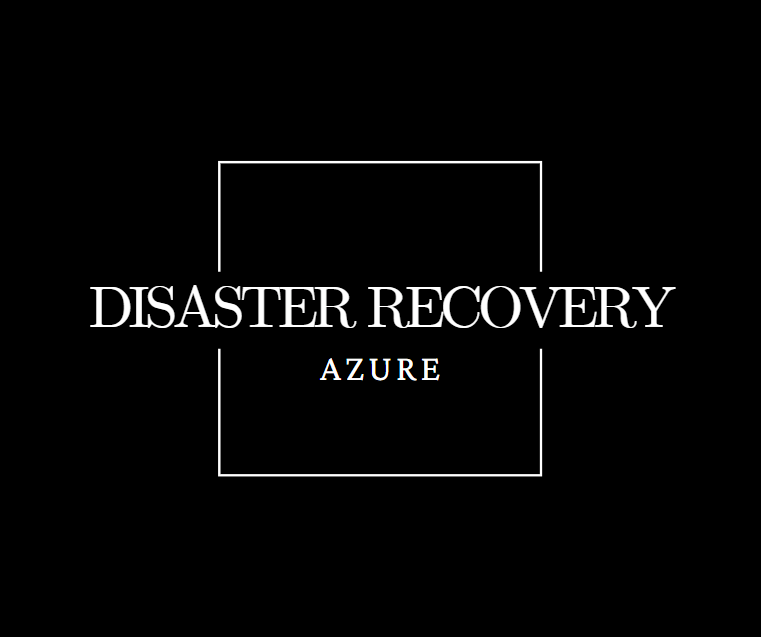
PayPal, the online payment processing giant, relies on Microsoft Azure to develop and maintain its secure payment gateways and transaction processing systems. Azure's robust security features and data protection capabilities safeguard PayPal's sensitive financial data.
eBay, the leading online auction and shopping platform, utilizes Microsoft Azure to develop and host its e-commerce applications. Azure's scalability and reliability ensure that eBay's applications can handle the immense traffic and data generated by its global user base.
Spotify, the music streaming service, relies on Microsoft Azure to store and manage its vast library of music and user data. Azure's data storage and analytics capabilities support Spotify's personalized music recommendations and personalized user experiences.
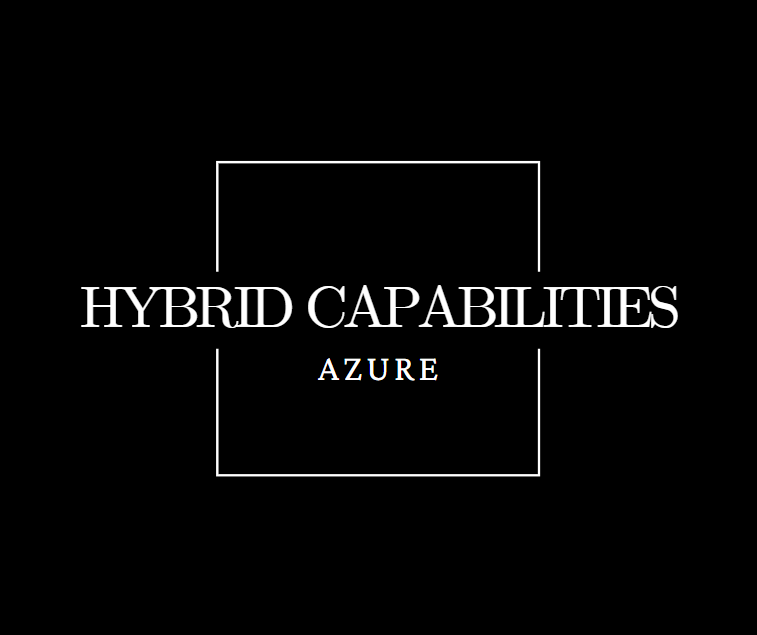
Numerous automobile companies, including Ford, GM, and BMW, leverage Microsoft Azure to develop and deploy connected car technologies, autonomous driving solutions, and predictive maintenance applications. Azure's IoT and data analytics capabilities enable these companies to collect and analyze vehicle data to enhance driver safety, optimize vehicle performance, and improve maintenance operations.
Various government agencies within the United States utilize Microsoft Azure to develop and deploy secure and scalable applications for various purposes, such as healthcare, education, and public safety.
NASA, the United States space agency, employs Microsoft Azure to develop and manage its Earth observation and scientific applications. Azure's high-performance computing and data processing capabilities support NASA's complex scientific research and simulations.
These are just a few examples of the numerous companies that rely on Microsoft Azure to power their businesses. Azure's wide range of services, scalability, and security make it a popular choice for organizations seeking to modernize their IT infrastructure and adapt to the evolving digital landscape.
These examples demonstrate the diverse applications of Microsoft Azure in the realm of application development. Azure's comprehensive suite of services, scalability, and security make it a trusted platform for organizations across various industries to build innovative and impactful applications that drive their success.




SITER Konathukudy Mohan
Blomsterdalen 5258
Bergen, Norway
Organization No: 931 859 811


© All Copyright 2024 by SITER